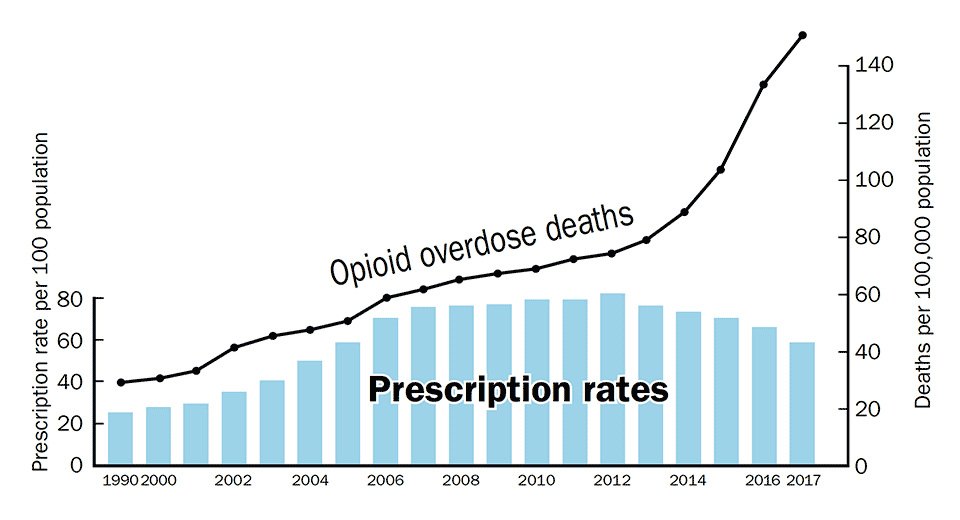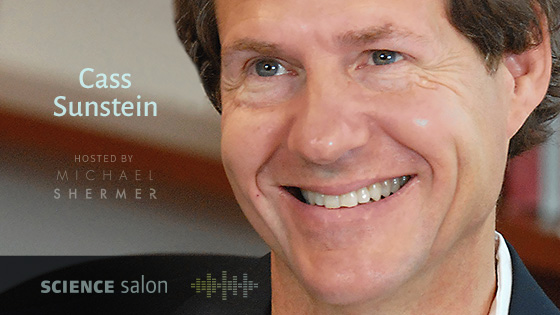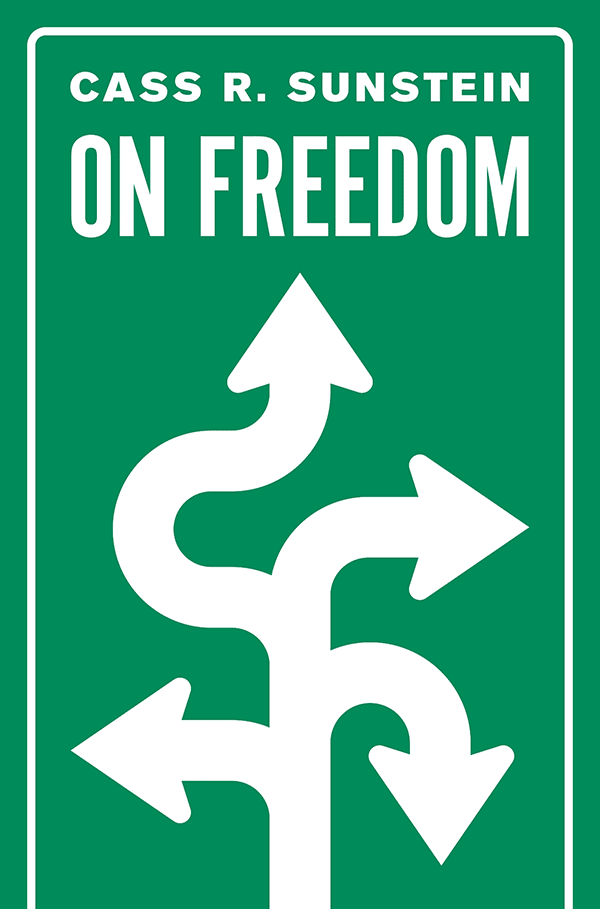SCIENCE SALON # 59
Cass R. Sunstein — On Freedom
In this pathbreaking book, New York Times bestselling author Cass Sunstein asks us to rethink freedom. He shows that freedom of choice isn’t nearly enough. To be free, we must also be able to navigate life. People often need something like a GPS device to help them get where they want to go — whether the issue involves health, money, jobs, children, or relationships.
In both rich and poor countries, citizens often have no idea how to get to their desired destination. That is why they are unfree. People also face serious problems of self-control, as many of them make decisions today that can make their lives worse tomorrow. And in some cases, we would be just as happy with other choices, whether a different partner, career, or place to live — which raises the difficult question of which outcome best promotes our well-being.
Accessible and lively, and drawing on perspectives from the humanities, religion, and the arts, as well as social science and the law, On Freedom explores a crucial dimension of the human condition that philosophers and economists have long missed — and shows what it would take to make freedom real.
In addition to discussing his book Sunstein and Shermer talk about what it was like to work in the Obama administration, the issue of free will and determinism in the context of his theory of libertarian paternalism and choice architecture, opt-in vs. opt-out programs related to everything from menu options to organ donations, the electoral college, term limits for Supreme Court Justices, free speech on college campuses (and trigger warnings, safe spaces, and micro aggressions), Universal Basic Income, taxes, and terrorism.
About Professor Sunstein’s principle, Dr. Shermer wrote in his book The Mind of the Market:
Libertarian paternalism makes a deeper assumption about our nature — that at our core we are moral beings with a deep and intuitive sense about what is right and wrong, and that most of the time most people in most circumstances choose to do the right thing. Thus, applying the principle of libertarian paternalism to the larger politico-economic system as a whole, I suggest that the default option should be to grant people the libertarian ideal of maximum freedom, while using the best science available to inform the policy that gives structure to the minimum number of restrictions on our freedoms. Let’s opt for more freedom and add back restrictions on freedom only where absolutely necessary and with great reluctance.
Listen to the podcast via Apple Podcasts, Spotify, Google Podcasts, Stitcher, iHeartRadio, and TuneIn.
This Science Salon was recorded on March 4, 2019.
Check Us Out On YouTube.
Science Salons • Michael Shermer
Skeptic Presents • All Videos
You play a vital part in our commitment to promote science and reason. If you enjoy the Science Salon Podcast, please show your support by making a donation.
Dr. Raymond Barglow discusses three mistaken approaches to the opioid epidemic in this article that appeared in Skeptic magazine 24.1 (2019).
The Opioid Epidemic Misunderstood
Drug overdose is now the leading cause of death for Americans under the age of 50 and has lowered the average life expectancy in the United States.1 Over the next decade as many as half-a-million people in the United States will die from opioid substances that include heroin, pain-killers such as morphine and oxycodone, and synthetic agents such as fentanyl.2
Public policy to date has failed to counter this epidemic. Standing in the way of effective response are three mistaken approaches to the problem:
- Misinterpreting correlation as causation.
- Misunderstanding the physiology of addiction.
- Overlooking the social psychology of addiction.
Mistake #1: Misinterpreting Correlation as Causation
Does epidemic opioid overuse result from too many prescriptions of medication for pain relief? In March of 2018 President Trump announced that his administration is “taking action to prevent addiction by addressing the problem of overprescribing…. We’re going to cut nationwide opioid prescriptions by one-third over the next three years.”3 The U.S. Centers for Disease Control and Prevention (CDC) also attribute the overuse of opioids and other addictive substances to prescription practices:
Drug overdose deaths in the United States more than tripled from 1999 to 2015. The current epidemic of drug overdoses began in the 1990s, driven by increasing deaths from prescription opioids that paralleled a dramatic increase in the prescribing of such drugs for chronic pain…. The problem with misuse of prescription drugs of various kinds is related to high levels of prescribing of such medications.4
This concern about excessive prescription is certainly legitimate. However, a close look at the historical data clarifies the causal role that prescription plays in the opioid epidemic.

Opioid Prescription Rates and Opioid Overdose Deaths, 1999–2017. Graph constructed from CDC data.5
The years of the steepest increase in overuse fatalities, 2012 to 2017, are also years in which prescription rates declined. This divergence between fatality and prescription rate trends is striking, even when we take into account that it might require several years for a lower prescription rate to result in significantly fewer overdose deaths. The sharp rise in recent years of opoid-induced deaths is in fact due to the consumption of drugs that are rarely used for medical pain management: As of 2015 the rate of overdose deaths due to illegally obtained heroin and synthetic opioids had gone up so much that they took more lives than did all of the other prescribed opioids combined.6 Synthetic opioids like fentanyl (a drug 50 times more potent than heroin) and carfentanil (5000 times more potent than heroin) are inexpensive to produce and easily shipped to customers through the mail. Moreover, heroin and other street drugs are often mixed with fentanyl and its derivatives, further raising fatal overdose rates. […]




![Drug overdose (photo by Sam Metsfan) [PUBLIC DOMAIN]](https://www.skeptic.com/eskeptic/2019/images/19-03-27/drug-overdose-photo-by-Sam-Metsfan.jpg)








